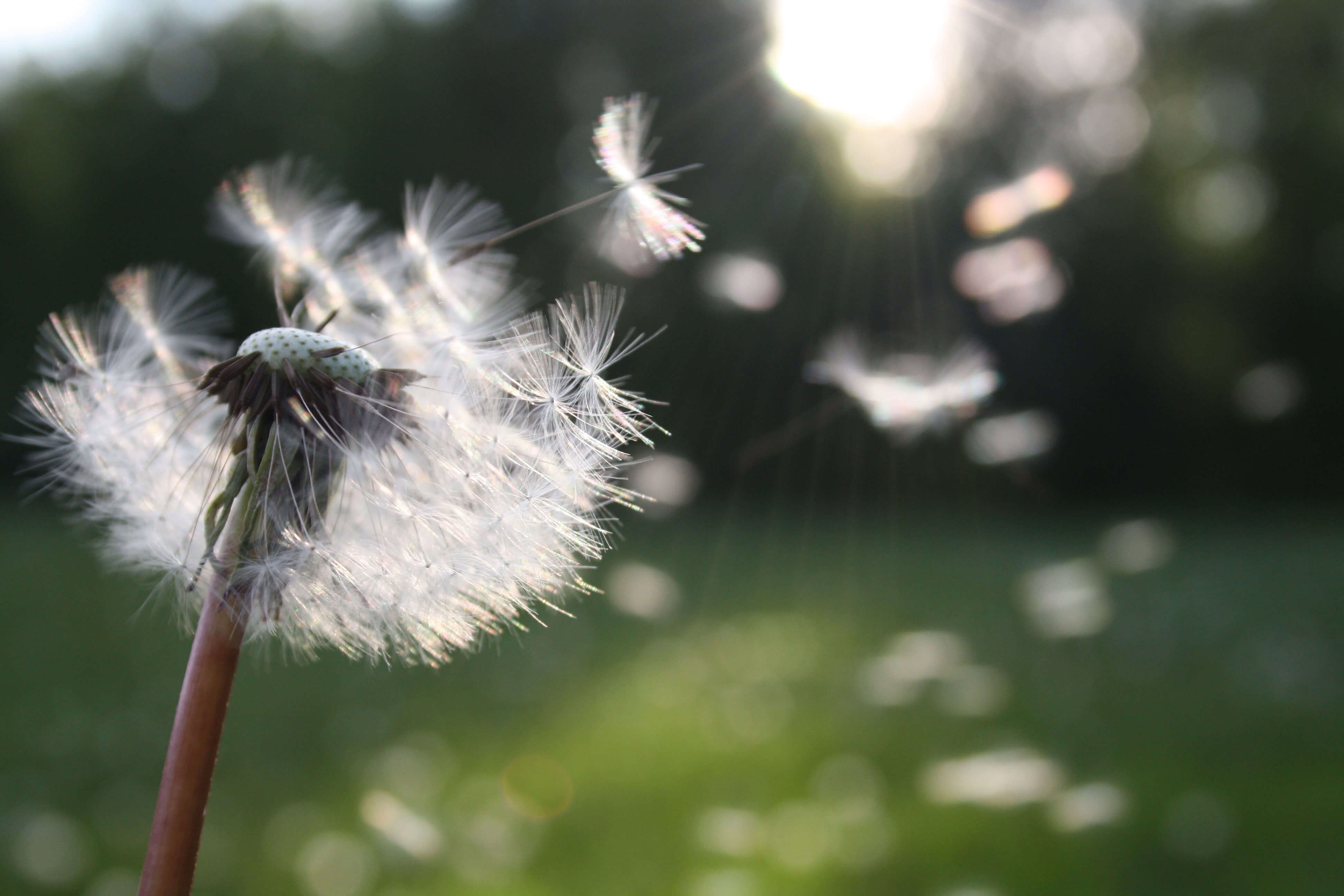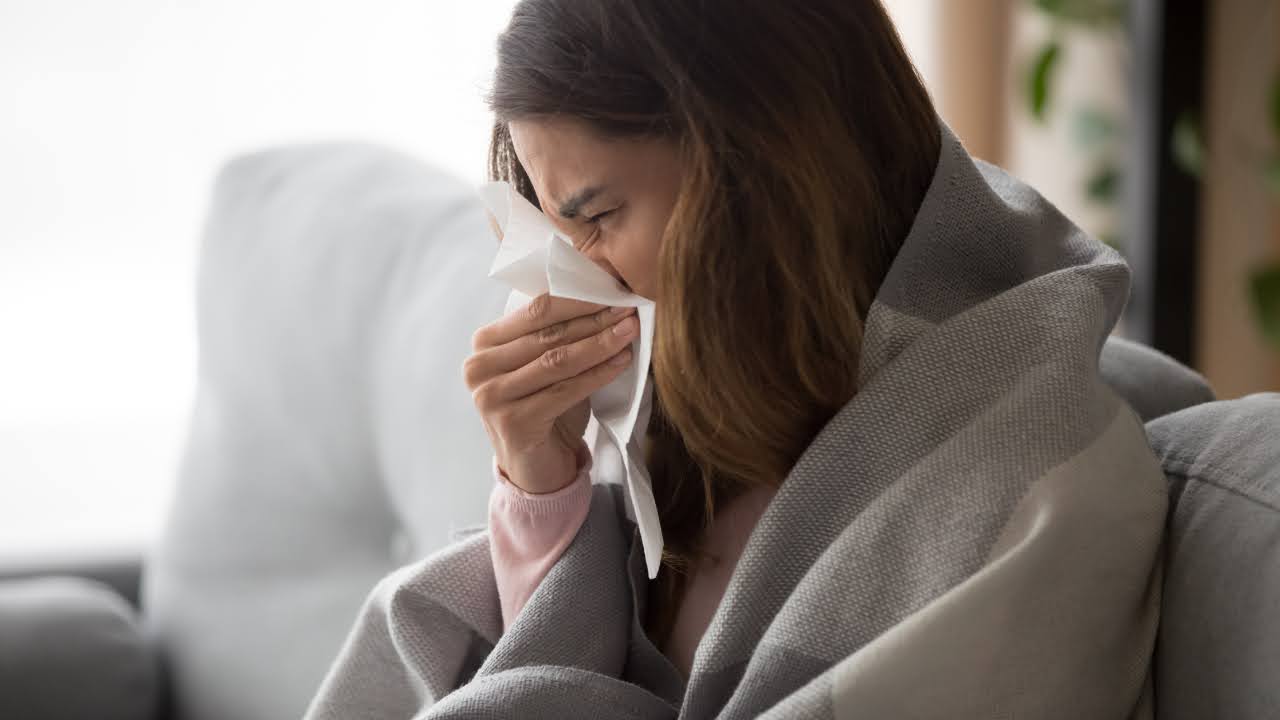Nice weather is finally here! However, for nearly a quarter of Canadians, this is synonymous with sneezing fits and other uncomfortable symptoms. Allergies occur when the body reacts against usually harmless substances.
What are seasonal allergies?
Seasonal allergies are also called allergic rhinitis, pollinosis, or hay fever. They are characterized by a series of symptoms (respiratory or not) that happen systematically at the same time each year. They are caused by hypersensitivity to certain pollens.
20-25% of Canadians suffer from seasonal allergies during one or all the at-risk periods.
- Beginning of spring (mid-March to end of June): Allergies to certain trees and bushes, such as birch, maple, and poplar
- Summer (end of May to mid-October): Allergies to certain plants in the grass family, such as grass, wheat, corn, etc
- Fall (end of July to October): Allergies to ragweed
What are perennial allergies?
Perennial allergies occur when there is chronic exposure to environmental allergens, such as:
- Mold
- Dust Mites
- Dust
- Animals
Things you can do when your seasonal allergies start acting up
Here are a few tips:
- Avoid outdoor activities in the morning when the pollen count is at its highest. The same goes for dry and windy days. The best time to go outside is after heavy rain, which helps clear pollen from the air.
- Delegate lawn mowing, weed pulling, and other gardening chores that stir up allergens.
- Wash your hair and clothes regularly to wash off pollen and allergens.
- Don't hang laundry outside — pollen can stick to sheets and towels.
- Check your local weather report often — if pollen counts are forecasted to be high, take your allergy medication preemptively!
- Turn on the air conditioning in your house and car to avoid having windows open.
- Use high-efficiency filters for all ventilation systems and clean them regularly.
- Use a portable high-efficiency particulate air (HEPA) filter in your bedroom.
Help! My allergies are still getting the best of me.
If the advice above does not help, and you would like one of Dialogue’s nurses and physicians to help make the following easier, don’t hesitate to reach out with one of these symptoms:
- Runny nose (clear secretions)
- Sneezing
- Nasal congestion
- Itchy eyes
- Teary eyes
- Itchiness
- You have the above symptoms but no fever or sore throat
We can guide you regarding how to best manage your symptoms, write you prescriptions or referrals if needed, and help you find the shortest delay for an allergist consultation. Don’t hesitate to get in touch with us via the Dialogue App for all your health and wellness needs.


![[Webinar] Multigenerational workplaces: Bridging the well-being gap](https://www.dialogue.co/hs-fs/hubfs/2024%20Q1-%20HW%20-%20Resource%20center%20image%20-%20MHW%20EN-1.jpg?width=241&height=151&name=2024%20Q1-%20HW%20-%20Resource%20center%20image%20-%20MHW%20EN-1.jpg)


 Canada (EN)
Canada (EN)
 Global (EN)
Global (EN)





